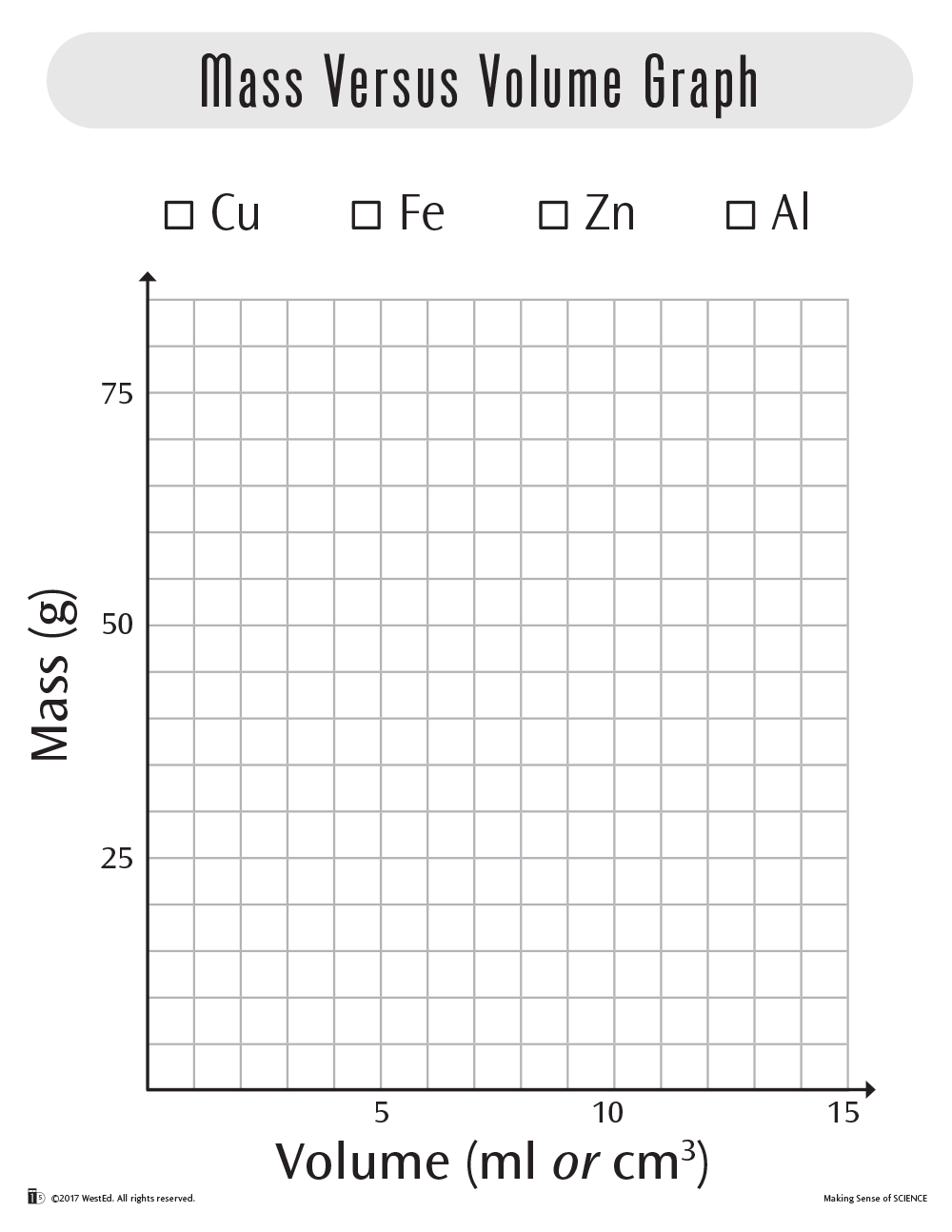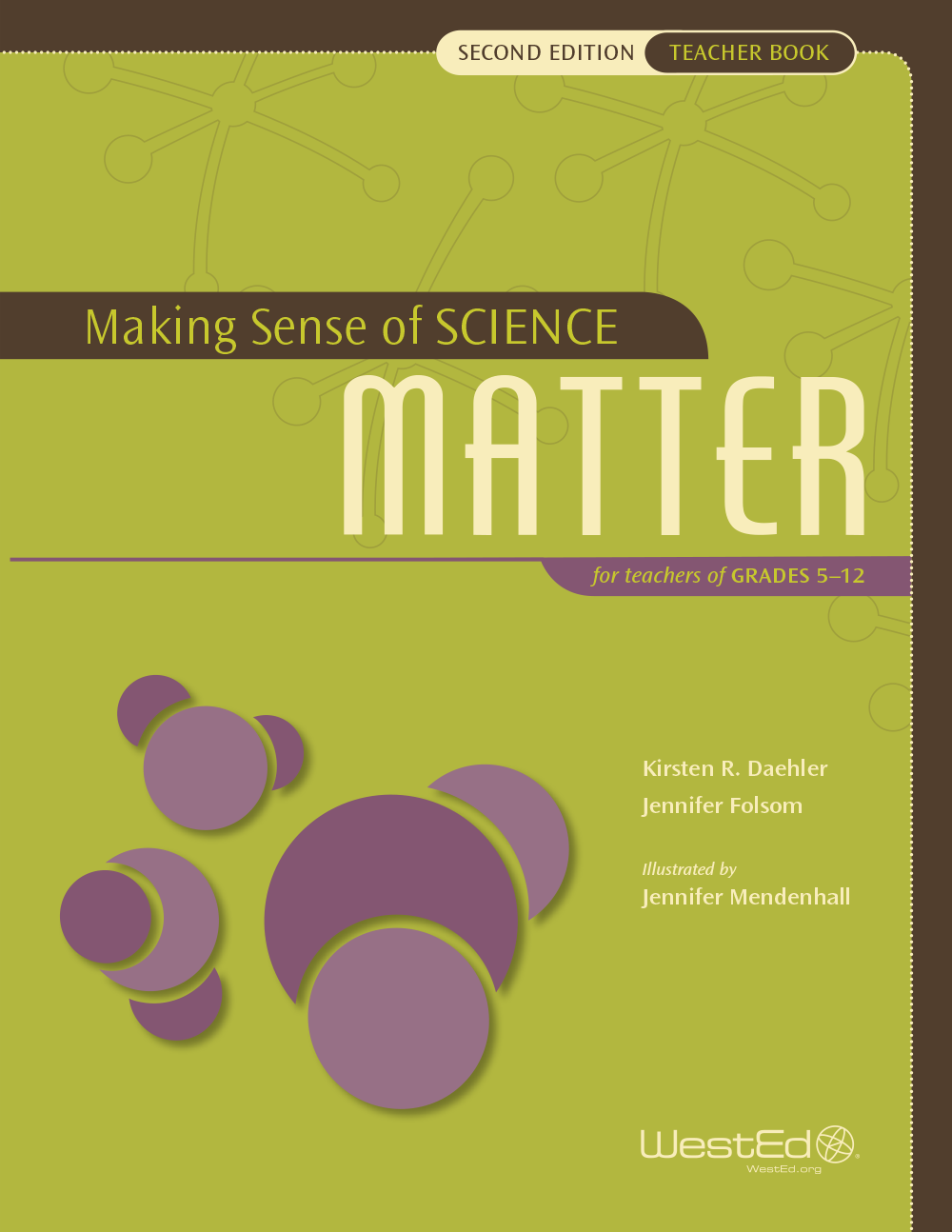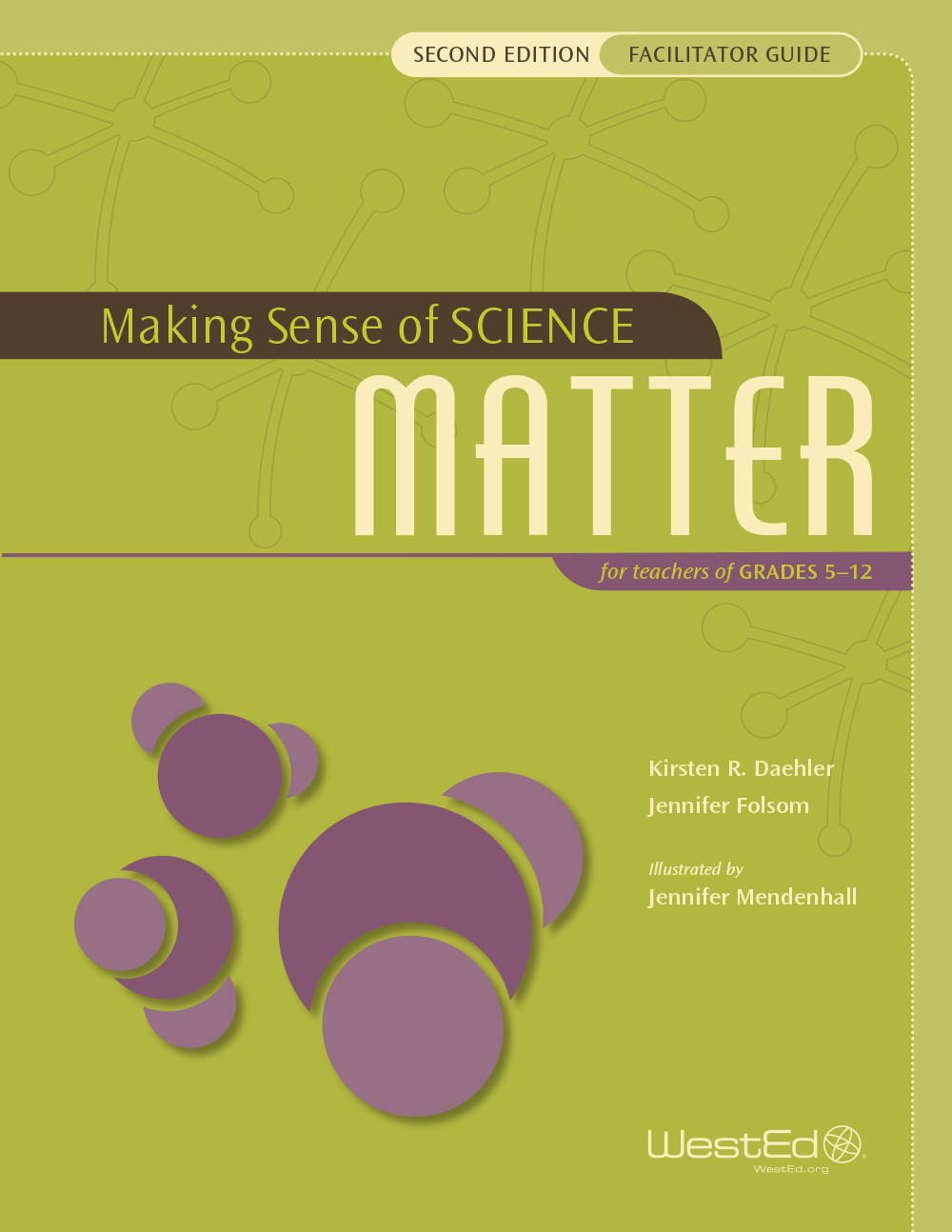Science Teaching and Learning: When Teachers Learn, Students Succeed
Posted on by Jennifer Mendenhall
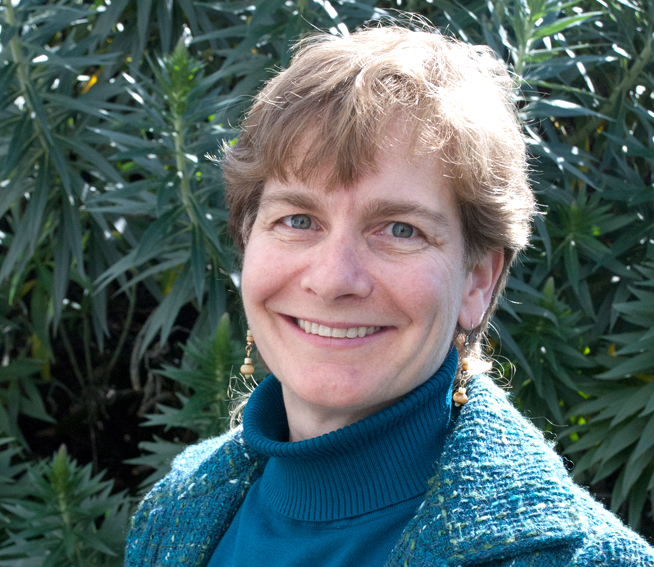
The ultimate aim of any investment in teacher professional learning is to improve student success. The best programs and services engage teachers with rich and impactful experiences, while demonstrating measurable outcomes for student learning.
As teachers and students prepare for the school year ahead and face new opportunities, WestEd is highlighting Making Sense of SCIENCE (MSS), a professional learning program proven to make a powerful difference for science teachers and their students.
The MSS team is recognized nationally for its expertise in teacher professional learning, and partners with numerous districts, county offices of education, and universities to provide quality professional learning with noteworthy results. Nationwide, multiple studies show that when teachers participate in MSS courses, students show significant achievement gains.
For two decades, MSS has transformed professional learning, improved teacher knowledge in and conceptual understanding of science, and helped to transform science classrooms in ways that enhance student learning. Judy Meredith, K–12 science curriculum coach, says, “I’ve been in education for 25 years, and I’ve never seen professional learning have this kind of impact.”
This distinctive model connects hands-on science experiences with integrated teaching and literacy supports. Part of the program’s success is attributable to its needs-based and adaptable approach that works to meet the goals and challenges of today’s science educators. For example, many districts want short, yet impactful, learning opportunities that fit into job-embedded professional learning time. In response to this challenge, Camp MSS was launched. Camp MSS is a national conference for teachers, teacher leaders, and administrators that provides bite-sized professional learning and facilitation training on a wide range of core ideas and science practices.
All MSS courses are designed to engage participants in collaborative, adult-level science learning that models the dynamic and multidimensional practices found in the most productive science classrooms. The courses equip educators with the deep content knowledge and strong pedagogical skills needed to effectively inspire teachers and drive student learning.
MSS Measured: Significant Impact, Repeatable Success
As reported in WestEd’s December 2017 R&D Alert Online article, MSS is especially notable for its demonstration of measurable improvement in student outcomes. “MSS has achieved that goal repeatedly — initially in elementary school science, where rigorous studies found significant improvement of student learning as measured by project- and evaluator-developed tests.”
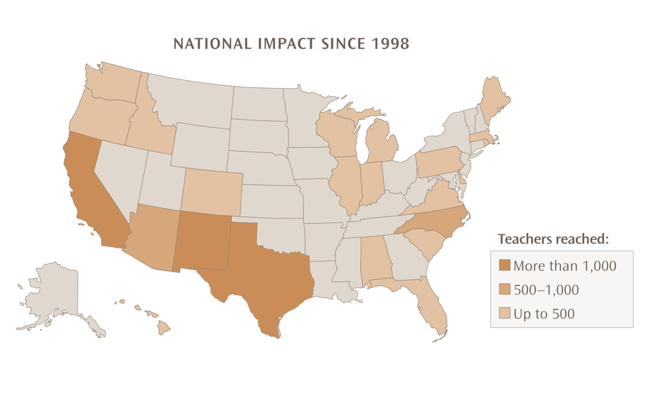 This map shows the number of teachers reached by Making Sense of SCIENCE professional learning since 1998. Data compiled from project service records.
This map shows the number of teachers reached by Making Sense of SCIENCE professional learning since 1998. Data compiled from project service records.
In fact, MSS is developed and refined based on nearly a dozen national evaluations and large-scale studies. A recent randomized control trial conducted in 11 Phoenix-area districts, reaching 21,000 students, many of whom are English language learners, found significant improvement in student achievement as measured by the state standardized test. The program has, with instructive consistency, demonstrated positive impact on teachers and students alike at both the elementary and middle school grades.
Professional Learning that Boosts Teacher Engagement
MSS Program Director Kirsten Daehler attributes the success of MSS to a commitment to treating teachers with professional respect. “We provide courses and materials for teachers seeking to learn complex content. We support them in taking ownership of their learning, and we engage them in cognitively rich thinking — going right to the hardest learning and helping them find tools to handle it.”
The program also boosts science learning relative to the Next Generation Science Standards and other important science standards recognized and implemented in schools and districts.
The success of MSS is clear yet, like science itself, there is always more to learn. Further studies aim to explore with greater precision how and why professional learning in science translates into significantly better outcomes for students.
What Professional Science Educators Have to Say
In this video, learn how one participant describes the ways MSS is unlike other professional learning experiences.
In this video, Akua Carraway, North Carolina Regional Coordinator with the Smithsonian Science Education Center, describes MSS impact on teaching.
Connect with the Making Sense of SCIENCE Team
Are you working to impact science teaching and learning in your school or district? Register today for Camp MSS 2018 in Pacific Grove, California.
“I learned so much at this conference! It was by far the best I have ever attended. . . At the end of most conferences, I feel exhausted, but at the end of this I felt rejuvenated.” ~ Camp MSS 2017 participant

